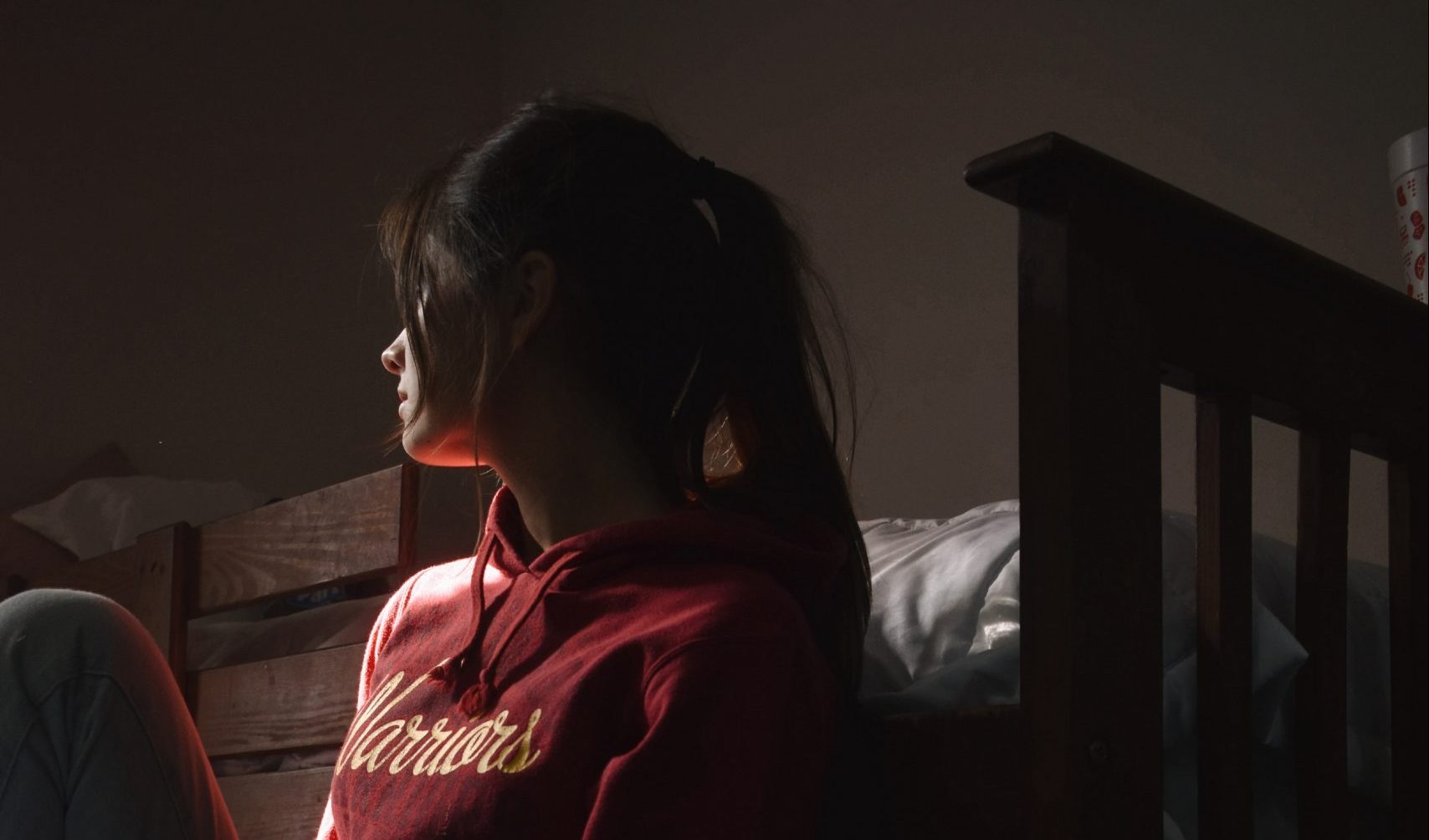-
Advocacy Theme
-
Tags
- Abortion
- Adoption
- Caregiving
- CEDAW
- Disability
- Domestic Violence
- Domestic Workers
- Harassment
- Healthcare
- Housing
- International/Regional Work
- Maintenance
- Media
- Migrant Spouses
- Migrant Workers
- Muslim Law
- National budget
- Parental Leave
- Parenthood
- Polygamy
- Population
- Race and religion
- Sexual Violence
- Sexuality Education
- Single Parents
- Social Support
- Sterilisation
- Women's Charter
Why most victims of sexual assault do not report their abuse
January 15th, 2021 | Gender-based Violence, Letters and op-eds, News
This letter was originally published in TODAY on 15 January 2021.
Last week, Law Minister K Shanmugam released important data pertaining to sexual assault in Singapore.
From 2017 to 2019, there were 6,988 reports of sexual assault, including rape, sexual assault by penetration, outrage of modesty, and sexual offences involving children and vulnerable victims. (“Parliament in brief: School sexual misconduct cases on the rise? More complaints about noisy HDB neighbours? Ministers answer”; Jan 5)
In making sense of this data, it is important to keep in mind that most sexual violence survivors do not report their abuse to the authorities.
This observation is borne out by international research and, in Singapore’s context, the experience of the Association of Women for Action and Research (Aware) at our Sexual Assault Care Centre (SACC), where seven out of 10 clients do not end up making a formal report.
Thus, the government data is just the tip of the iceberg.Sexual assault is likely much more prevalent than the reported numbers suggest.
Survivors do not speak up about sexual harassment (even to friends and family) for various reasons, let alone report it to the authorities.
SACC’s data shows that many survivors are afraid they won’t be believed or that they do not have enough hard evidence for a report.
Unhelpful societal attitudes that “blame the victim” cause survivors to feel guilty and blame themselves for their own victimisation, for example, “I won’t report because it’s my fault for being drunk”.
Well-intentioned friends and family may trigger these thoughts by asking seemingly innocent questions such as “What were you wearing?” or “Why did you go out so late?”
In a society where many forms of violence are normalised, some survivors do not recognise that they have been abused in the first place.
In cases where the perpetrator is a family member or a close friend, for instance, the victims may be discouraged from reporting because they do not wish to see the perpetrator punished or their family unit broken.
Other survivors may dread being traumatised again when dealing with a police officer or a judge who is not sensitive.
These barriers are all very real and difficult to overcome.
Ultimately, individuals may decide that reporting the abuse is not the right decision for them.
Of course, not everyone who does so has a negative experience. Those who report may find catharsis and healing, or get access to support and therapeutic resources previously unknown or unavailable to them.
Over the past few years, the Ministry of Home Affairs has announced a series of initiatives to make the process of reporting sex crimes, as well as court procedures, less intimidating.
The Government’s review of issues affecting women that was announced last year, called “Conversations on Women Development”, will deepen public conversations on sexual violence and reporting of such cases.
Even then, there is much more work to be done to make reporting sexual violence easier and preventing sexual violence from taking place.
We still need to mainstream age-appropriate comprehensive sexuality education, teach more people how to sensitively respond to disclosures of sexual assault, and go further to ensure that all parts of our criminal justice system are gender-sensitive and trauma-informed.
Shailey Hingorani, Head of Research and Advocacy, AWARE




